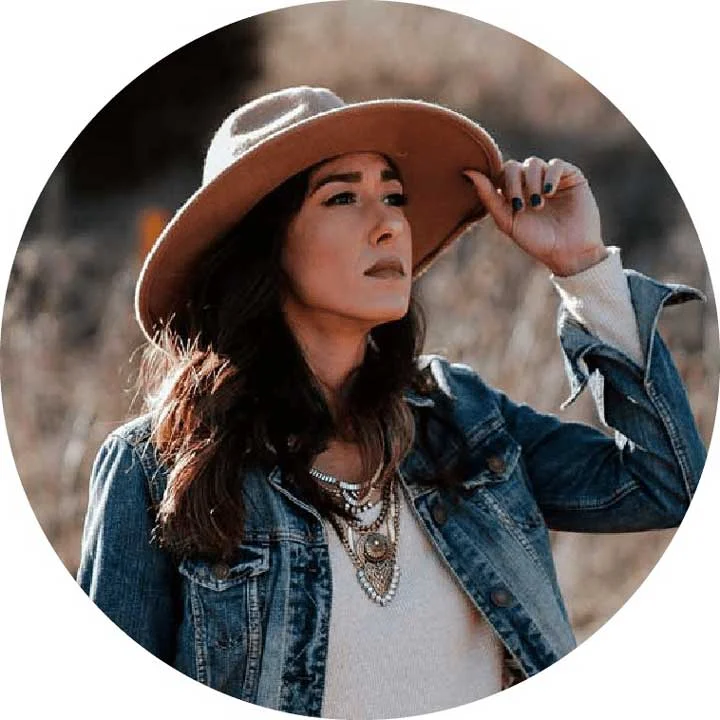
Out of Eden Learn is a Project Zero initiative that brings students from all over the world onto one platform.
The initiative is in collaboration with Paul Salopek, a National Geographic journalist taking a journey across the globe – a project called Out of Eden Walk.
I had the opportunity to present a workshop to the Out of Eden Learn team in June 2022 on intercultural communication (ICC) and ethnic-racial identity (ERI).
Overview
In my final semester at Harvard Graduate School of Education (HGSE), I worked with professors Liz Dawes Duraisingh and Bruno della Chiesa on an independent study on intercultural communication. At the same time, I was in a course taught by Professor Kristia Wantchekon on ethnic-racial identity. I proposed to Liz that not only was there an important connection to be made between these two concepts, but that further knowledge of the frameworks they provided for education would be useful to Liz’s project, Out of Eden Learn.
Out of Eden Learn (OOEL) is a grant-funded research project at the Harvard Graduate School of Education in collaboration with journalist Paul Salopek as he embarks on a journey across the world by foot. This journey, which he calls Out of Eden Walk, uses a technique Paul calls “slow journalism”, a departure from the fast-paced journalism we typically see. His daily conversations, adventures, and challenges walking across the world also provide rich educational value, thus the creation of Out of Eden Learn – an online platform which brings K-12 students together to participate in cross-cultural communication, story-sharing, and activities centered around the philosophy of slow looking.
As I got more involved with this project, I saw a critical opportunity to introduce the value of ICC and ERI to the Out of Eden Learn team.
The Situation: What are intercultural communication and ethnic-racial identity? Why are these concepts important, and why should our organization incorporate them into our research?
Duration of project: 1 month
Audience: Harvard Graduate School of Education professors and principal investigators of a research project
Format: Zoom workshop
My Role: I independently carried out the research and implementation of this workshop, with guidance from Liz Dawes Duraisingh, principal investigator and co-director of Out of Eden Learn.
Skills Demonstrated: Instructional Design, Consulting, Design Thinking, UX Research
Technologies Used: Google Slides, Microsoft Powerpoint, Canva
The Process
I used the design thinking model to guide this project, consulting with the OOEL team to determine their needs and goals. Because I was evaluating an online platform, my process was done in relation to suggestions for improvement of the platform’s design, as well as the content on the platform.
Empathize Stage

My first step was to empathize with the OOEL team and understand their needs deeply. The platform uses articles by Paul Salopek to expose learners to the practice of “slow journalism”, or making deep observations that lead to even deeper insights about the world we live in.
I spent some time consuming the literature, videos, and other content produced by Paul Salopek and OOEL. I learned about the participants of the project, and some of the most valuable insights that both students and educators have gained during their time on the program. I also conducted interviews with the principal investigators at OOEL, understanding more about what they experienced in their progress to address issues of racial inequity.
Define Stage

I was given access to the backend of the OOEL platform to observe student submissions. In this part of the process, I became intimately familiar with OOEL’s model.
An educator signs their class up for a particular “learning journey”, or curriculum, topics for which range from planetary health to migration.
Each learning journey is split into either 4 or 6 footsteps, milestones in each curriculum after which students produce a deliverable, which demonstrates both their understanding of the content and their ability to use slow looking to engage deeply with it.
To define the problem, I used my research in ICC and ERI to record my observations of students’ responses using those ideological lenses.
Ideate Stage

I used the lenses of ICC and ERI to brainstorm some potential solutions to the problems I identified.
For example, this picture represents my use of ERI to identify that most OOEL students are in a critical stage of identity vs. role confusion. I based my suggestions on that understanding.
I continued to engage with the OOEL team to learn about some problems they’ve observed, and how they’ve traditionally gone about addressing them. It was important to remain open during this step so that I could remain empathetic to their perspectives through the process, and understand whether the suggestions I’d propose were viable.
Prototype Stage

In this stage, I used the observations I generated in the ideate stage to produce some concrete solutions. I connected each solution to an ERI or ICC principle (or both), explaining how the implementation of these suggestions might result in a change of a particular measurable outcome.
This part of the process was exciting, because I got to see how my academic understanding could be applied to a real-world situation that could benefit from these suggestions. I’m very grateful to the OOEL team for working with me on this project!
Test Stage
A note: Because OOEL remained under certain contractual obligations, we were not able to implement a test of the features I recommended, however the team was very receptive and enthusiastic to test them out in the future, when this was not the case.
My ideal scenario would be to test out some of these suggestions, and see whether or not they produced a change in the areas I observed (i.e. the measurable intercultural competence measures provided by Byram (1997) and higher levels of various ERI exploration). Then I would iterate on the changes, in collaboration with the OOEL team.
Final Result
I held a workshop/discussion with the OOEL team on June 30th, 2022. Check out the Google Slides presentation below!









